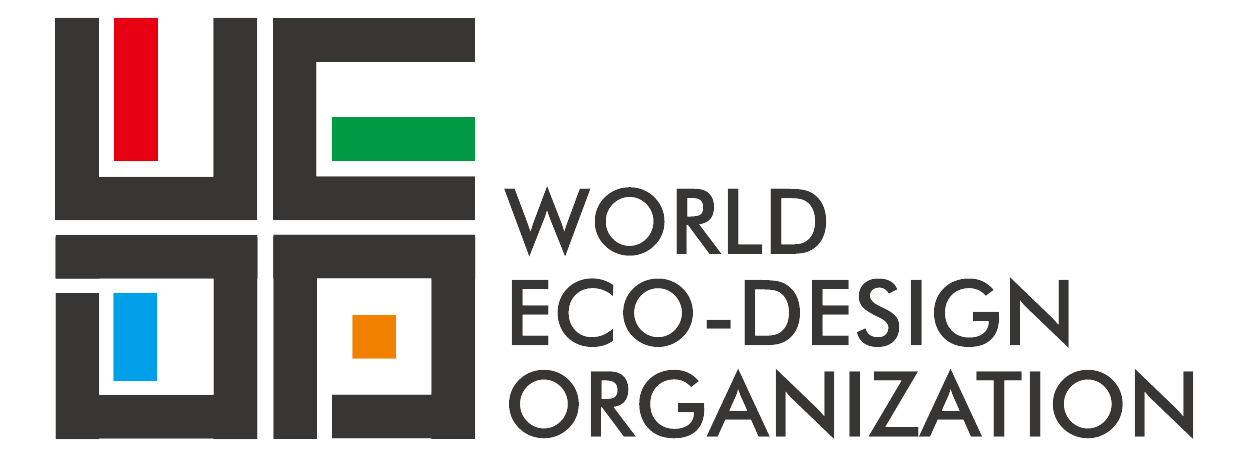In recent days, two Group Standards led by the National Eco-Industrial Design Institute (EIDI) - Digital Art and Design Value Evaluation System Part 2: Digital Art and Design - Classification (Standard Code: T/EI 8801.2-2022) and Design of Modularity for Service Robot (Standard Code: T/EI 7401-2023), has been released and implemented.
01 Digital Art and Design Value Evaluation System Part 2: Digital Art and Design - Classification
Leading Unit
National Eco-Industrial Design Institute (EIDI)
Participating Editing Units
Faculty of Humanities and Arts, Macau University of Science and Technology, Shanghai Jiao Tong University, Zhongkai University of Agriculture and Engineering, Architecture & Design College of Nanchang University, Beijing Institute of Fashion Technology, Guangzhou Wanqu Cooperative Institute of Design, School of Art and Design, Zhejiang Sci-Tech University, Eco-Design Industry Institute of Guangdong Province, Guangzhou Jiansu Technology Co., Ltd
Major Drafters
Huang Guanghui, Xi Tao, Yao Yousheng, Wan Ran, Cao Xianghui, He Caihong, Li Xuesong, Wu Qun, Lu Di, Zhu Jiuyuan, Zheng Junpeng, Zeng Huiquan, Li Yingrui, Li Min, Zhu Min, Xie Yuan, Huang Zhihao, Tang E, Pan Xiqin.
The Digital Art and Design Value Evaluation System Part 2: Digital Art and Design - Classification standardizes the classification system of digital art and design and provides a unified standard and framework for defining and describing the characteristics and attributes of digital art and design. By establishing classification principles and standards, it promotes communication and collaboration in the field of digital art and design, enhances the comprehensibility and evaluability of works, and provides a reference for research, exhibitions, and market promotion in the field of digital art and design.
02 Design of Modularity for Service Robot
Leading Unit
National Eco-Industrial Design Institute (EIDI)
Engineering Research Center of Computer Aided Product Innovation Design of the Ministry of Education
Hangzhou Huihui Technology Co., Ltd.
Participating Editing Units
Zhejiang Key Laboratory of Service Robots, School of Art and Design, Zhejiang Sci-Tech University, Hangzhou Yinao Intelligent Technology Co., Ltd., D. Lion Technology (Zhejiang) Co., Ltd., Guangzhou Wanqu Cooperative Institute of Design, Guangzhou Songyin Electronic Technology Co., Ltd., Hangzhou Tianshe Technology Co., Ltd.
Major Drafters
Ying Wei Qiang, Yao Cheng, He Caihong, Wan Ran, Wu Qun, Yao Yousheng, Cao Xianghui, Zhang Xusheng, Zhang Lingyan, Lou Jiacheng, Wang Qiurui, Liu Zhenyu, Si Liya.
With the continuous advancement of artificial intelligence and robot technology, service robots have become important assistants in people's daily life and work. The Design of Modularity for Service Robot provides guidelines and specifications for the modular design of service robots, offering unified design guidance and specifications to ensure that the modular design of robots meets certain standardization, reliability and safety, and promotes the development of the service robot field. This standard provides a reference for the design, manufacturing, use, and maintenance of service robots, ensuring that the robot system has stable and efficient performance, in line with relevant legal and ethical requirements, and also emphasizes the security and privacy protection of the robot system. It ensures that robots will not cause harm to humans and objects during the working process and will protect users' personal privacy information from being disclosed or misused.






 en
en



 Guangzhou,China
Guangzhou,China +86 - 19925740779
+86 - 19925740779 wedc@vip.126.com
wedc@vip.126.com










